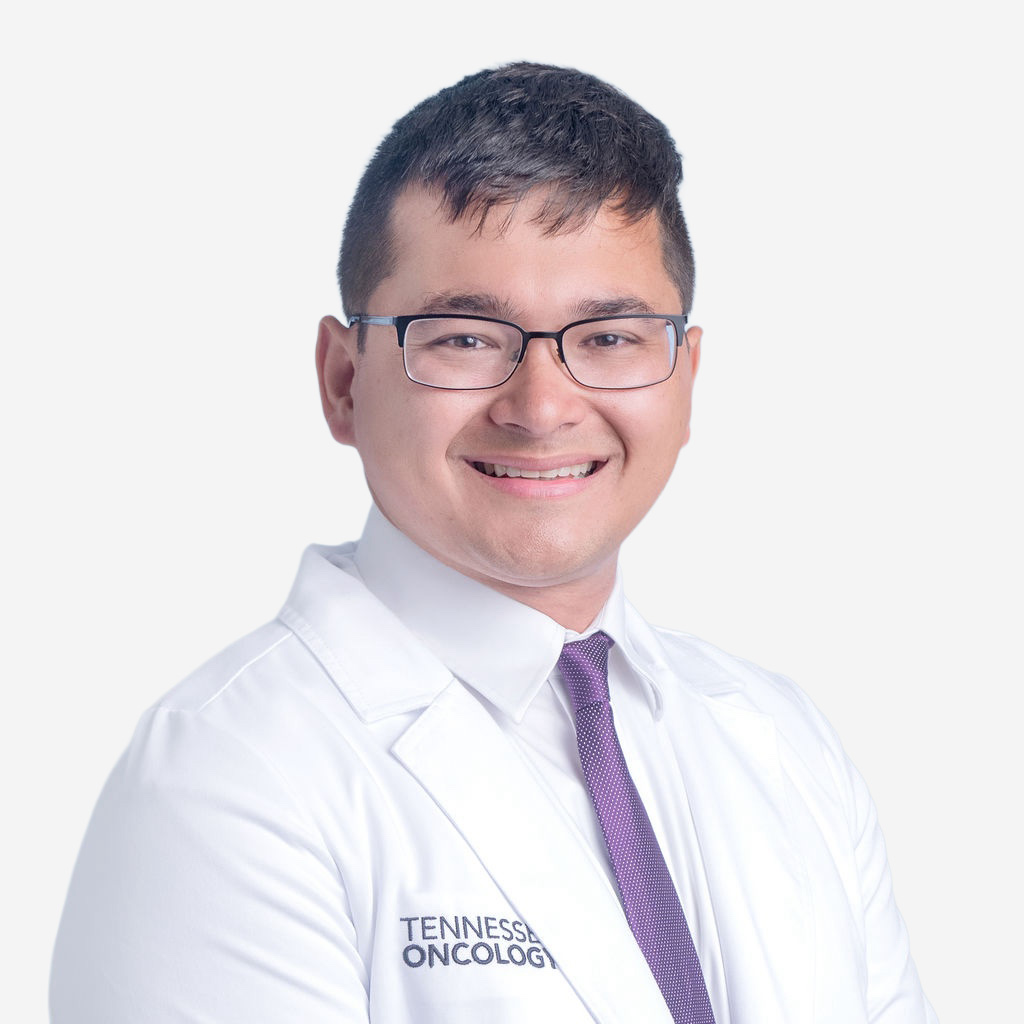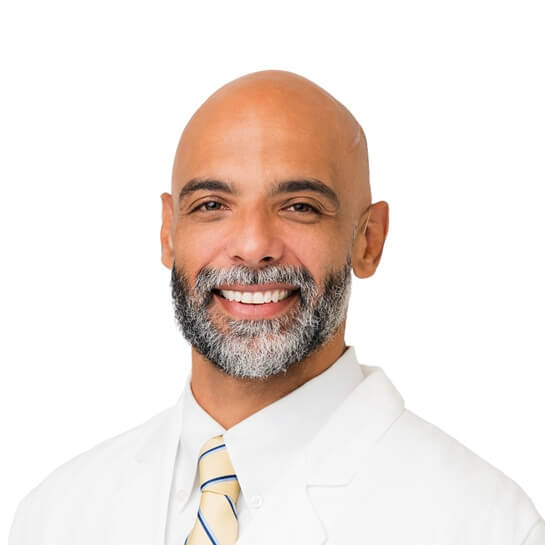Hernias: Types + Treatments
Hernia Symptoms
Symptoms may vary
Mild Hernia
Usually, a hernia is not dangerous. However, if left untreated, the organs or tissues trapped by the hernia may eventually die, or become strangulated.
Common symptoms of mild hernias include:
- Severe pain in the lower abdomen
- General weakness
- Gurgling stomach
- Acid reflux
- Chest pain
- General abdominal pain
- Bulges around your abdomen
- Soreness around the bulge
- Burning sensations around the bulge
- Pain when moving
Inguinal Hernias
An inguinal hernia is a particular type of hernia that occurs in the groin, and they are especially common among men. Symptoms include:
- A bulge on either the right or left of the pubic bone that’s more visible under physical stress, including while coughing
- Itching and pain around the bulge
- Burning sensations around the bulge
- Pain and discomfort while walking, bending, lifting, or coughing
- Heaviness around the groin
- A dragging feeling in the groin
- Pressure in the groin area
- Weakness around the groin
Depending on the severity of the hernia, a patient may experience pain and swelling around the testicles, if the herniated intestine descends into the scrotum.
Inguinal hernias occur when a piece of the abdominal organs or tissues get squeezed through a weak spot in the abdominal wall. When a portion of the upper or lower intestines becomes herniated, it’s known as an intestinal hernia which can also lead to bowel obstructions.
Umbilical Hernias
Tears in the abdominal wall or abdominal muscles, usually lead to hernias appearing around the belly button. However, they may also appear near or around the groin and are called inguinal hernias. Groin hernias can sometimes be pushed back into place without surgery but will require surgical attention eventually.
Femoral Hernias
The intestines can experience a multitude of complications, including severe hernias and bowel obstructions. These co-occurring disorders cause a lot of pain and can be deadly if left to worsen. Thankfully, multiple treatment options can help an individual overcome these issues and live a happy and healthy life.
Here, you can learn about the connection between hernias and bowel obstructions. We also will share some advice to help you make proper health decisions for yourself or your family.
Types of Hernias that Cause Bowel Obstructions
Common types of hernias that cause intestinal obstructions include inguinal hernias, femoral hernias, and incisional hernias. Hiatal hernias are another common type of hernia but occur in the upper digestive system.
Abdominal Hernia Triggers and Causes
This painful situation develops when excessive pressure is placed on the bowels to cause the primary tissue weakness. Multiple types of force can contribute to the development of this painful condition and its worsening.
For example, people who lift heavy objects may put undue strain on their abdomen that triggers a hernia. Typically, this type of lifting occurs in people who perform manual labor careers where heavy lifting is an essential task.
Other things that put pressure on your abdomen include diarrhea, constipation, or persistent coughing and sneezing. Poor nutrition or obesity may also have a link to causing hernias. These factors increase a person’s risk of developing hernias and, even worse, of suffering from problematic bowel obstructions.
Hernias Trigger Bowel Obstructions
The severity of this issue varies depending on the level of the hernia and the type of hernia that develops.
Unfortunately, a bowel obstruction can cause a multitude of other health issues. In fact, some bowel obstructions may combine and become a potentially deadly set of problems. Seeking immediate care and attention from a doctor will help you minimize and prevent dangerous complications.
Symptoms of Bowel Obstructions
Often, these symptoms become sharper and more intense as the obstruction worsens.
In some cases, bowel obstruction may worsen and cause multiple complications. For example, issues such as dehydration could trigger electrolyte imbalances, punctures in the intestines, and even death of the surrounding tissue. This cavalcade of symptoms may cause long hospital stays, coma, and even death if left untreated.
Hernia Treatment Options
Severe bowel obstructions caused by hernias require a two-part treatment method. Early treatment methods for an obstruction include nasogastric tubes fed into the noose to remove fluids and gas. Doctors then wait and hope that the obstruction passes. Doctors may also perform treatments such as enemas or surgery to remove the obstruction or repair the hernia.
After the danger of the bowel or intestinal obstruction has passed, the patient needs hernia repair surgery. Depending on the location of the hernia there will be different treatment options.
Types of Hernia Repair Surgery
This treatment option varies depending on the type of hernia and the severity of the injury. For example, open hernia repair requires opening up the body and pushing the hernia back into place. Laparoscopic hernia repair uses smaller incisions paired with a tube to insert repair tools carefully.
With new advances in technology, robotic laparoscopic surgery is now available here in Tennessee. These procedures are far less invasive than open surgery, allowing the patient to recover in less time.
Emergency Medical Care Helps
The dangers of hernias and bowel obstructions are too severe to ignore. Surgical repair is necessary if you want relief from the painful effects of intestinal obstruction.
If you or someone you love has a hernia or similar concerns, set up your appointment at The Surgical Clinic today. Our team will examine the issue and take steps to manage it quickly and efficiently.
Find a Hernia Surgeon
If you’re looking for a hernia doctor near you (in Nashville or Middle Tennessee), schedule a consultation at The Surgical Clinic to meet with one of our board-certified general surgeons who provide hernia surgery.
General surgeons in Nashville

Dr. John Boskind
General Surgeon
MT. JULIET

Dr. Mariana Chavez
General & Surgical Oncology
DOWNTOWN

Dr. Patrick Davis
Bariatric & General
SOUTHERN HILLS

Dr. Gretchen Edwards
General & Surgical Oncology
DOWNTOWN

Dr. Alex Fruin
General Surgeon
MT. JULIET

Dr. Tiffany Gesang
General Surgery
COLUMBIA

Dr. James Thomas Griscom III
Bariatric & General
DOWNTOWN

Dr. Mark Hinson
General Surgeon
COLUMBIA

Dr. George Lynch
Bariatric & General
DOWNTOWN

Dr. Clinton Marlar
General Surgeon
SKYLINE/SOUTHERN HILLS

Dr. Willie Melvin
General Surgeon
SMYRNA

Dr. Ethan Montemayor
General Surgery
SAINT THOMAS WEST

Dr. Chad Moss
General Surgeon
COLUMBIA

Dr. Stephen Owen
General Surgeon
SMYRNA

Dr. Davidson Oxley
General Surgeon
COLUMBIA

Dr. William Polk
General & Surgical Oncology
DOWNTOWN

Dr. Drew Reynolds
General Surgeon
SAINT THOMAS WEST

Dr. Joshua Taylor
General Surgeon
SMYRNA

Dr. Tyson Thomas
General Surgeon
SAINT THOMAS WEST

Dr. John Valentine
General Surgeon
HENDERSONVILLE

Dr. Patrick Wolf
General & Surgical Oncology
SAINT THOMAS WEST


